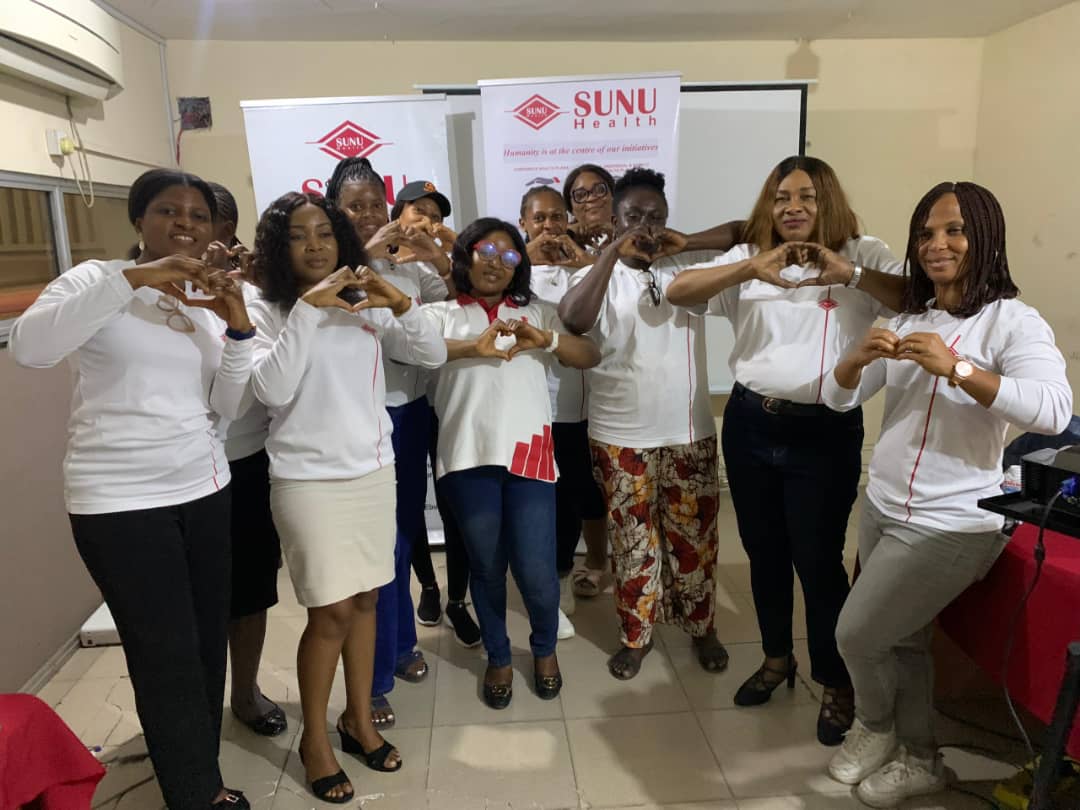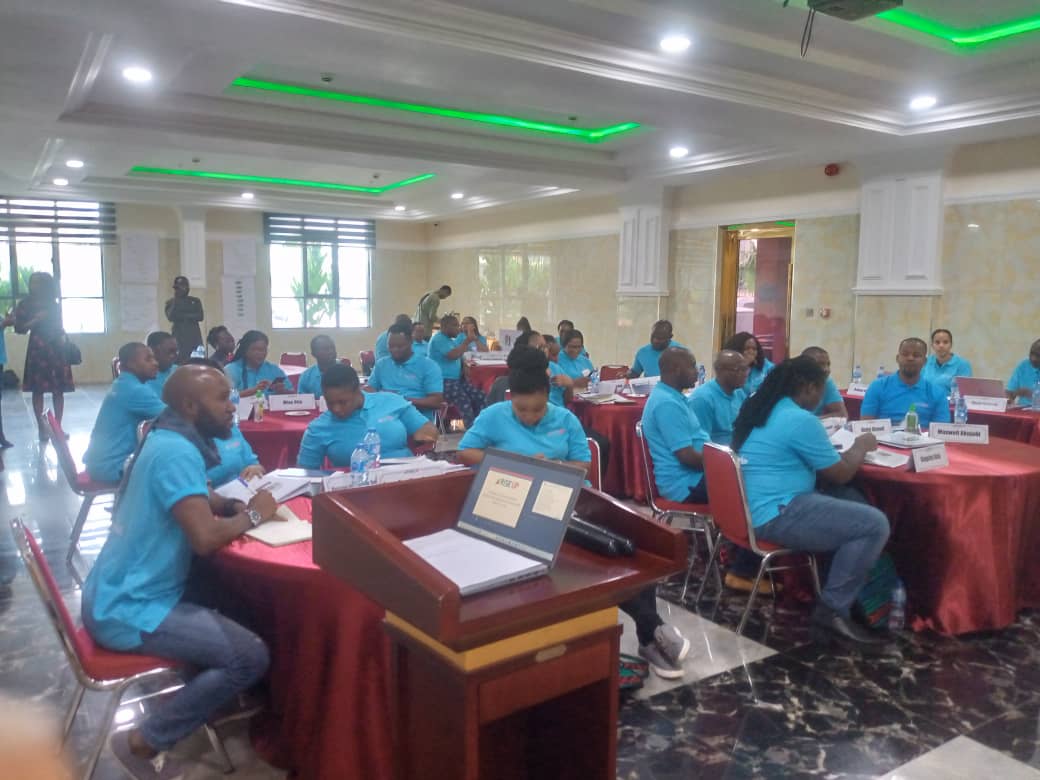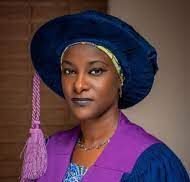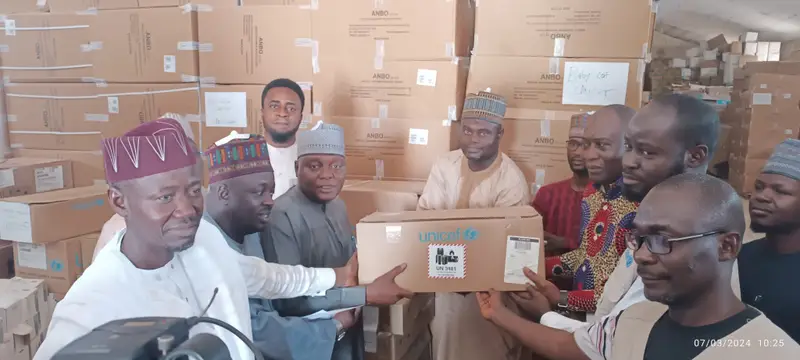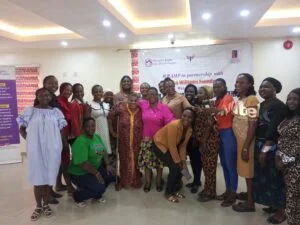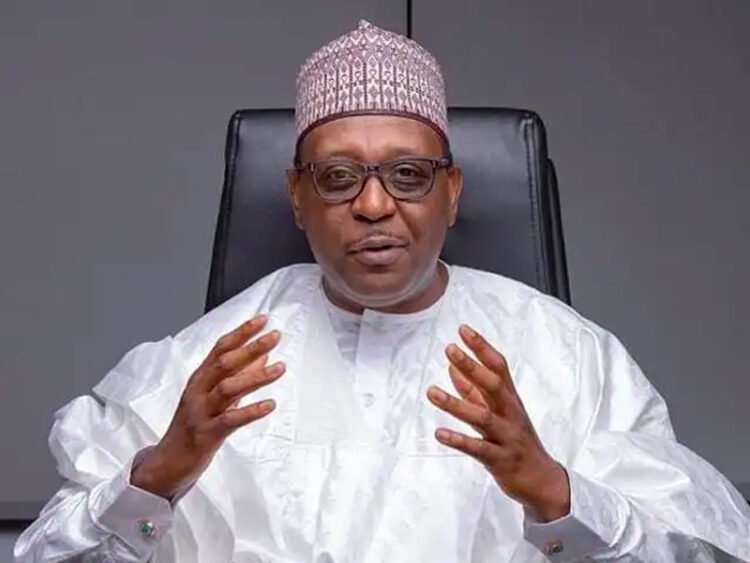By Aderogba George
Rise Up Nigeria, an International organisation working to advance gender justice and women inclusion in authority, on Friday organised a 6-day training for Civil Society Organisations (CSOs) on advocacy and leadership in Abuja.
Country Director of the organisation, Theresa Effa, said that the CSOs leaders were drawn from Rivers, Anambra, Nasarawa, Kaduna States and FCT.
Effa said that the aim of the training was to build participants skills in advocacy and leadership to enable them to go back to their various states and community and identify issues around women and girls.
She said that the training was also to imbibe in the participants the mindset of talking to policy and decision makers to bridge the gender inequality gap that exist in their various community.
“Rise Up has been working in Nigeria since 2014 and we have been supporting CSO to undertake effort that would contributed to the development of women and girls within Nigeria and in several communities.
“Incidentally this year International Women Day (IWD) falls in within our 6-day intensive training, we thought we should use this medium to join our voices to call on government to continue to bridge the inequality gap that exist in the country.
“The 35 per cent affirmative action is an international agreement that Nigeria signed into, government should not look at independent errors or alteration of the women in the country.
“Thirty five per cent affirmative action is an international agreement that we are suppose to keep, we have done well to keep to this agreement up to 2011, but we started seeing a fall after 2011.
“As we speak today, around 2023, we have seeing that only 7 per cent women are in the appointive position as against the equality of the opposite sex.
“I don’t think this position has to do with what women are doing or what they have done wrong,” she said.
She, therefore, called on government to be conscious, and do the needful to put the women in their pride of place, adding that women contribute to development of the country as they are present in all sector of the country.
According to her, if women are not strengthened, identify their capacity, there is likely the possibility to kill their dreams.
Effa, who also condemned the kidnapping of over 200 children both from a primary and secondary school, in Kuriga, Chikun Local Government of Kaduna State, called on government at different level to implement the policy on school safety.
The Country Director who claimed she had seen the document by the Federal Government on school safety, stated that the content is a robust one and must be implemented.
According to her, we cannot be encouraging children particularly the girl child to go to school and then they are kidnapped, and that the call to implement the school safety document is to join the voices of Rise up Nigeria.
Dr Aboki Nanani, Centre for Women Youth and Community Action, Lafia, Nasarawa State, who was also a facilitator at the programme also condemned the kidnapped of the school children.
According to him, if this government must be committed to education, then the school environment must be kept safe, adding that kidnapping or adoption of children in the school is an issue that must not continue.
“We called on government not only to invest in resources to secure the schools, Federal Government must put in place a safeguard responsibility to ensure that all schools are secured, we are insisting on that.
“Security must also improve in our various community, that is the only way things can be better, if there are people who don’t want education to be prosper in this country, then government must do something about that,” he said.
Mrs Esohe Ekunwe, Director of Strategy and Operations, Tech Herfrica, one of the participants of the training appreciated the organiser for putting the training together, saying that she had learnt some new skills
According to her, the training has been amazing, and that the facilitators have done well and that they have been able to impact new knowledge in her especially on some of the things she has not been doing well.
“It has been a special moment, really enlighten leaders are here, we agree that all of the things we have learnt, we can use that to stand on our own and do things right,” Ekunwe said. (NAN)(www.nannews.ng)
Edited by Isaac Aregbesola



